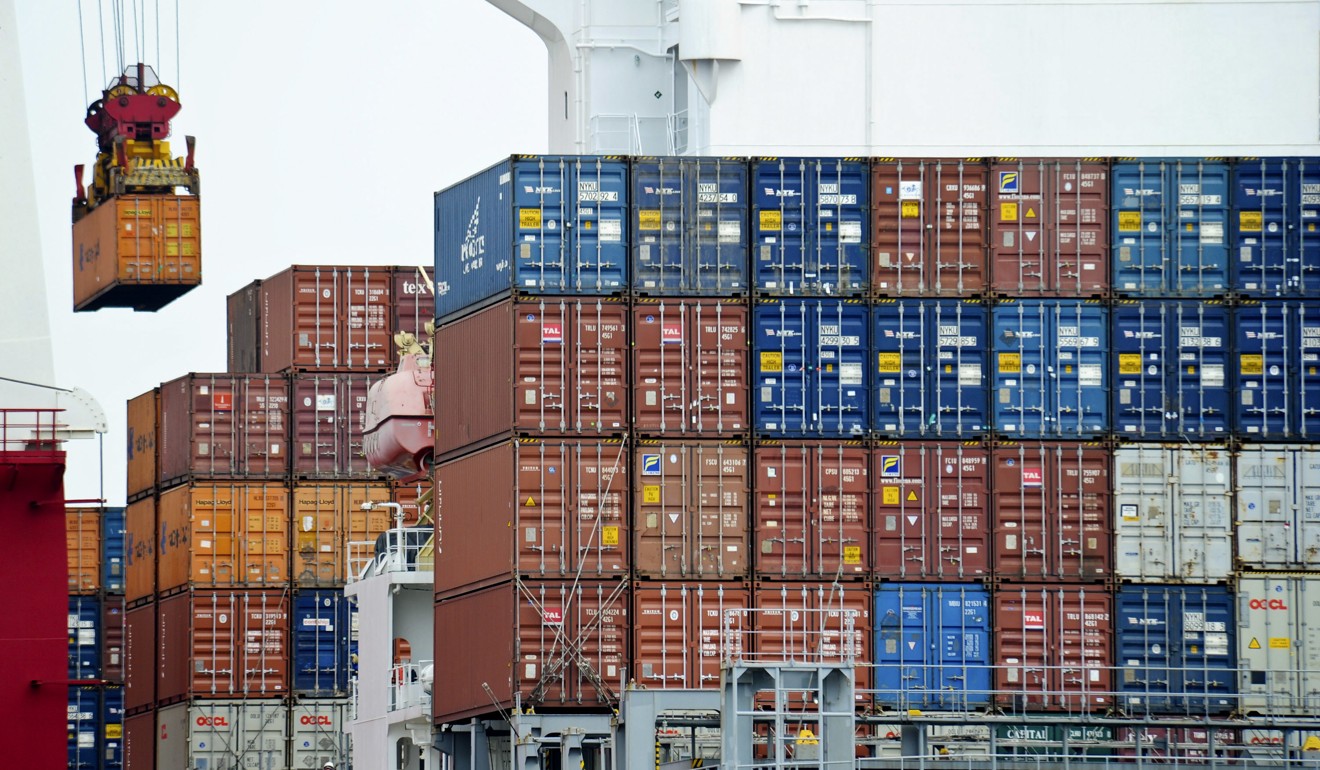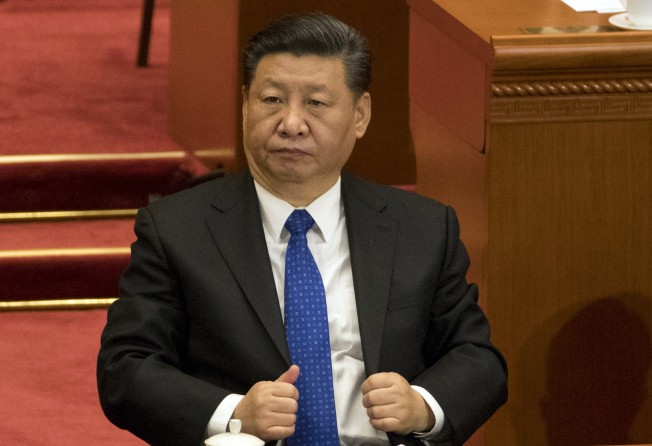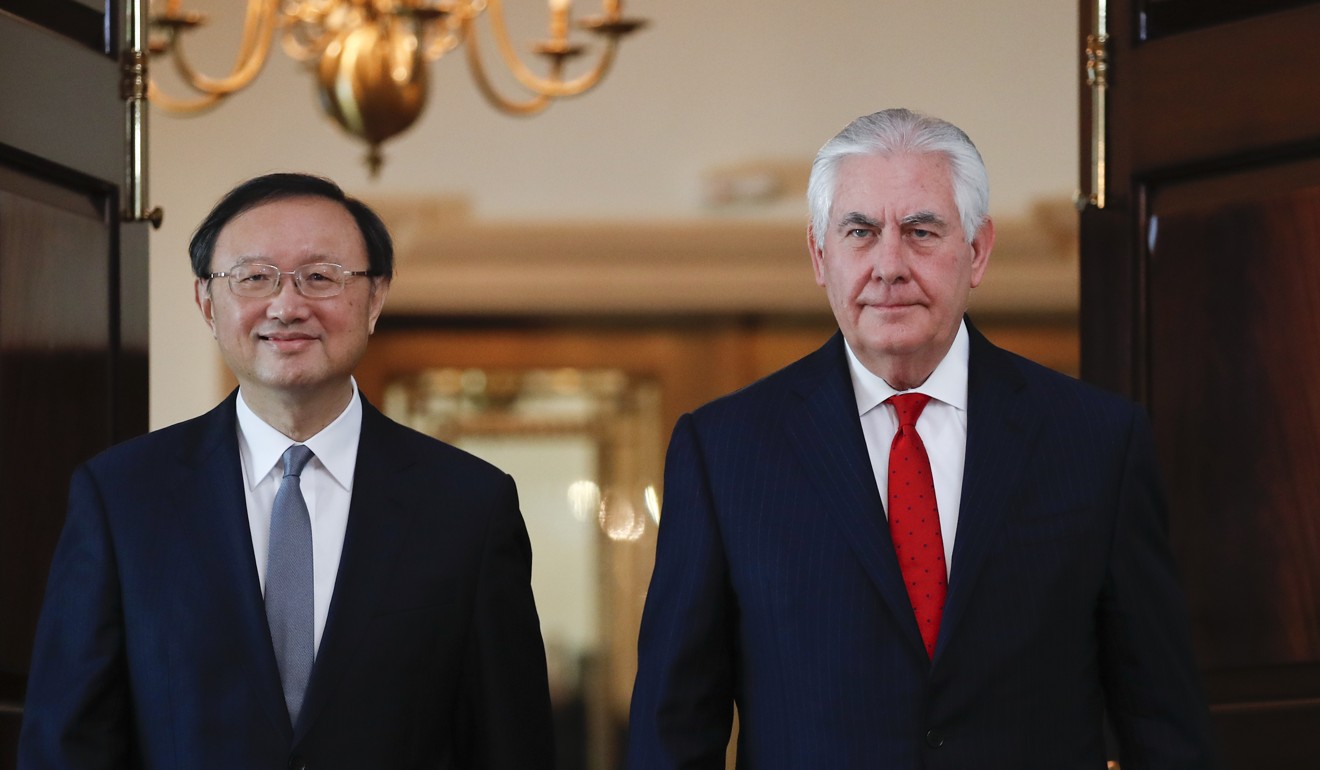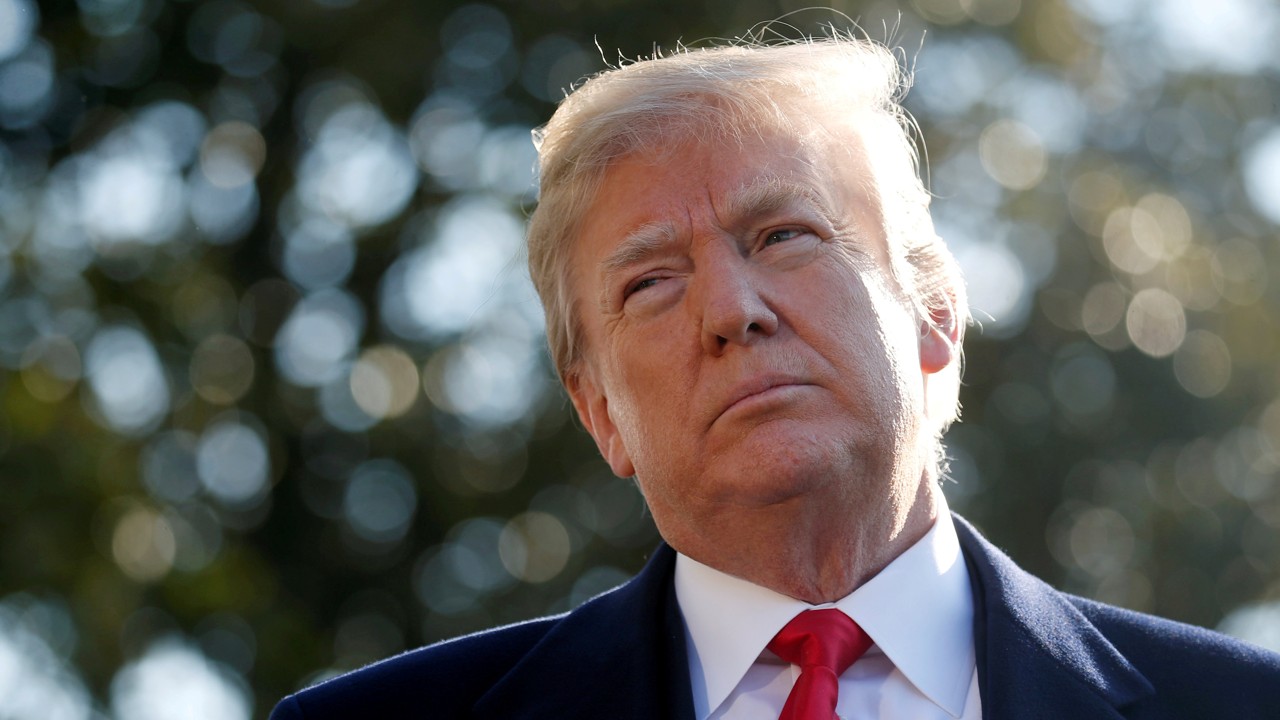
China warns US it won’t ‘sit back’ as its interests are harmed
Beijing says all necessary measures will be taken if Donald Trump slaps punitive tariffs on Chinese imports

China warned US President Donald Trump on Thursday that Beijing will not “sit back” and let its interests to be harmed, hours before Washington announced a new round of punitive tariffs on Chinese imports.
Sources familiar with Chinese government discussions said Beijing had been preparing a contingency plan to deal with escalating trade tensions with the United States.
The White House announced on Thursday the findings of an investigation into China’s trade practices and alleged intellectual property theft, launched in August under Section 301 of the US Trade Act of 1974.
Trump is also expected to sign a memorandum “targeting China’s economic aggression”, according to a statement from the White House.
The tariff package is worth US$50 billion and will target China’s hi-tech sector. There could also be restrictions on Chinese investments in the United States, US Trade Representative Robert Lighthizer said on Wednesday.

Beijing is expected to retaliate if the US goes ahead with the plan, as fears grow of a full-blown trade war erupting between the world’s two largest economies.
Ahead of Trump’s announcement, the Chinese commerce ministry warned that all necessary measures would be taken to counter the move.
“China will absolutely not sit back watching its legitimate interests be damaged,” the ministry said in a statement.
But William Zarit, chairman of the American Chamber of Commerce in China, said he expected Beijing to react in “a calm, non-hysterical and surgical way”.
Analysts say that if China does hit back, agricultural, aerospace and electronic products are among the possible targets, and the authorities could also launch antitrust, anti-dumping and countervailing investigations against US companies and products.
“Companies are mostly concerned, hoping that China’s retaliation – which they expect – will not affect their companies and sectors,” Zarit said.
Observers and foreign businesses have long called for Beijing to do more to improve market access and transparency.
Zarit said sectors including new energy vehicles, environmental protection and cloud computing could be opened up, and the cap on foreign ownership in the car industry could be eased. He also called for more transparent regulation by doing away with unwritten rules.
“I don’t see the tariffs – which we expected to be announced – will directly address the structural issues that are really the major challenge in making the relationship a fair and level playing field based on reciprocal treatment,” he said.
“However, it is possible that using these trade remedies to get China to make movements in these areas, reduce protectionism, open market access – it may be a tool to address the actual structural problems.”
On Wednesday, the Chinese consul general to the US offered easier access to China’s markets for foreign investors, promising reforms that would be “beyond expectations”.
Speaking at a China General Chamber of Commerce-USA event in New York, Zhang Qiyue said barriers would be removed or eased for foreign investors in the country’s financial sector and market entry standards would be the same for Chinese and foreign banks.
“Many more measures will be introduced this year and some of the measures will be beyond the expectations of foreign companies and investors,” she said.

China has repeatedly said it does not want to be drawn into a trade war and last month sent two senior officials – Politburo members Yang Jiechi and Liu He – to the US in a bid to defuse tensions.
But US officials have said talks would not be enough to resolve the disputes, demanding that China take real action on areas including the yawning trade gap between the two countries.
A Chinese government adviser said Beijing had already taken action to open its markets by easing the equity caps on foreign investment.
“The important question here is what Trump wants from China. The trade imbalance is a superficial problem,” the adviser said.
“The key to this confrontation is US concerns about China’s progress on technology – we’re going to see more competition and jostling for position and places in the industrial chain, and it will become more fierce.”
“The US is unhappy about China’s state-dominated economic model, but the current multilateral trade rules offer no effective way for the US to address its concerns.”
Dozens of industry groups in the US sent a letter to Trump last weekend warning that “the imposition of sweeping tariffs would trigger a chain reaction of negative consequences for the US economy, provoking retaliation; stifling US agriculture, goods and services exports; and raising costs for businesses and consumers”.

Moody’s Investors Service said the impact would be far greater if the United States significantly expanded tariffs and threw in broad-ranging protectionist measures.
Sectors with a large, direct exposure to the US market, Moody’s said, included cork and wood products, furniture, office machines, household appliances, electrical equipment, road vehicles, telecommunications equipment, electrical machinery, apparel and footwear, and animal oils and fats.
Analysts said US companies like Boeing, which sell billions of dollars worth of planes to Chinese airlines, as well as deals which required Chinese approval could also become caught in the crossfire should a trade war break out.
Additional reporting by Robert Delaney and Reuters